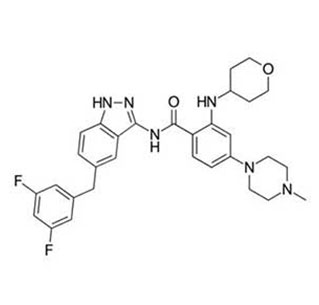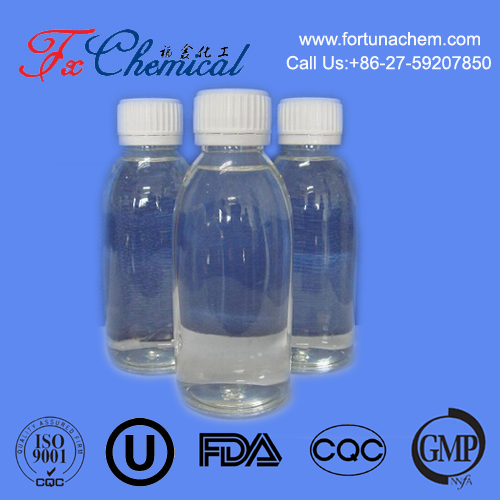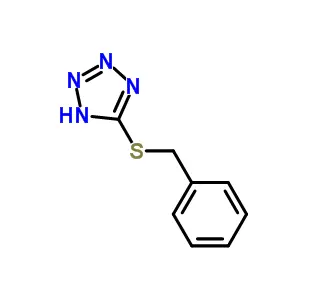
Search

Search

Antibiotics are metabolites of microorganisms. They can stimulate the growth of bacteria that synthesize known or unknown nutrients, inhibit microorganisms that compete with hosts for nutrients, and improve the absorption capacity of the intestines. Therefore, antibiotics can enhance the ability to resist diseases and promote growth.
The antibiotics in animal feed additives can be divided into two categories: one is the antibiotics used by humans and animals, such as penicillin, tetracycline, streptomycin, neomycin, lincomycin, and kanamycin, the other is the antibiotics used only for livestock and poultry, such as bacitracin zinc, virginiamycin, tylosin, and neomycin.
Probiotics, also known as competitive supplements, living bacteria agents, probiotics, or growth enhancers, are used to replenish beneficial bacteria in the animal digestive tract, compete with and exclude pathogenic microorganisms, change metabolic products in the digestive tract, reduce or eliminate the production of harmful substances, produce enzymes and other growth-promoting substances, produce antibodies, enhance phagocytosis, stimulate the animal's immune system, and improve resistance. In intensive feeding and harsh management conditions, the use of probiotics is very effective. Using probiotics can avoid the disadvantages of long-term use of antibiotics such as drug resistance and residues. Probiotics are safe and effective, and therefore have been increasingly valued by people and have developed rapidly in recent years.
Types of probiotic strains: one is aerobic bacteria, such as Bacillus subtilis isolated from soil, Bacillus coagulans and Bacillus licheniformis isolated from withered grass, and Lactobacillus producing gas. The other is anaerobic bacteria, such as butyric acid bacteria, lactobacillus acidophilus, and anaerobic lactobacillus.
Enzymes in feed additive are mainly used for young animals to supplement the insufficient secretion of digestive enzymes and improve the utilization rate of nutrients; for adult animals, they are used to improve digestive function and supplement the decrease in digestive enzyme secretion due to stress and other reasons. Commonly used enzyme preparations mainly include protease, amylase, cellulase, lipase, beta-glucanase, phytase, and pectinase.
Flavoring agents are a class of chemicals that can create a good taste for animals. There are many commercial flavoring agents. The most commonly used flavoring agents as the feed additive are: sweeteners that increase the sweetness of feed, such as saccharin sodium; sour agents that regulate the acidity of feed, such as citric acid, lactic acid, and tartaric acid; and umami agents that increase the freshness of feed, such as sodium glutamate.
Recommend Products:

Quick Links
Add:
E-mail:
 English
English  Español
Español  français
français  العربية
العربية 


